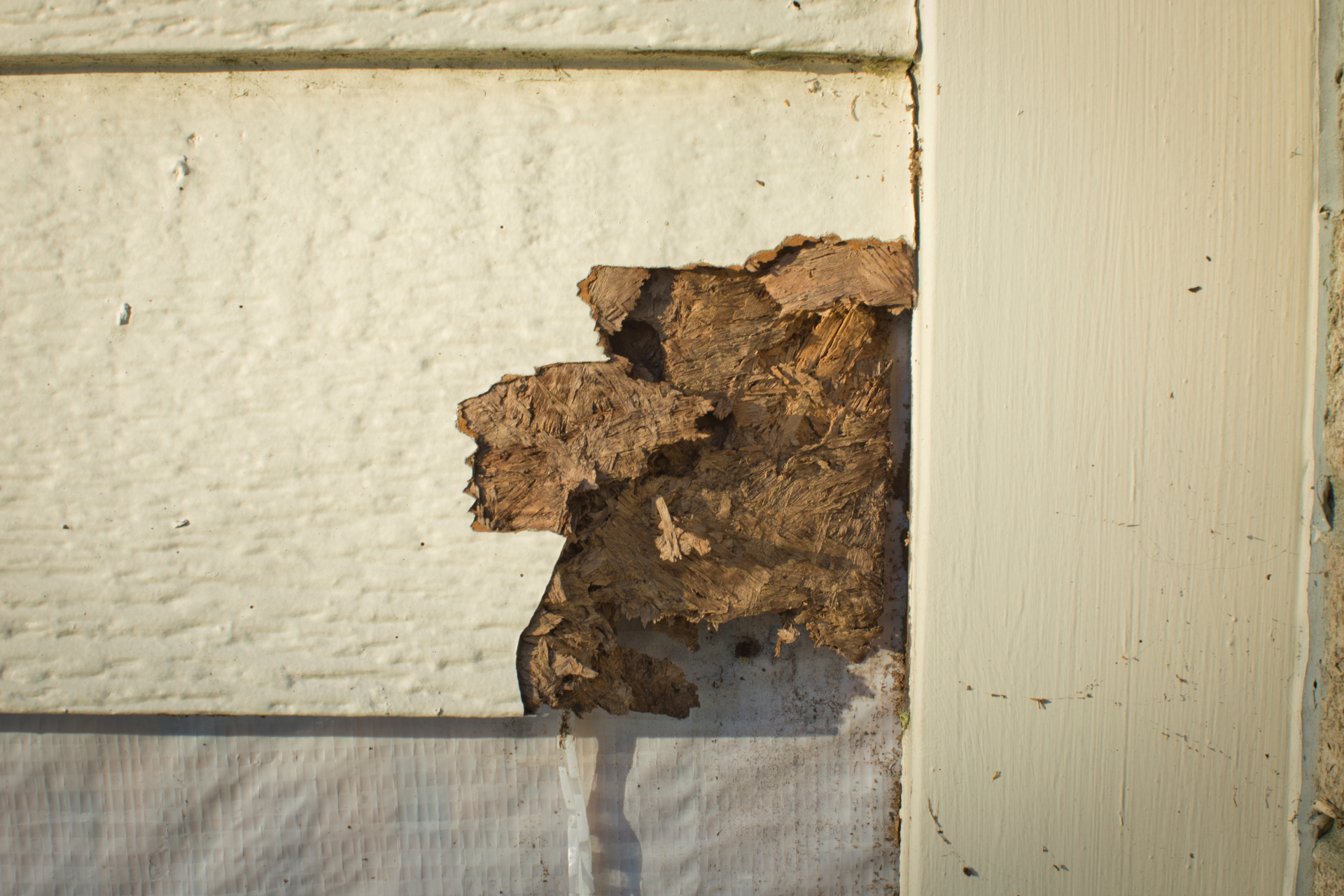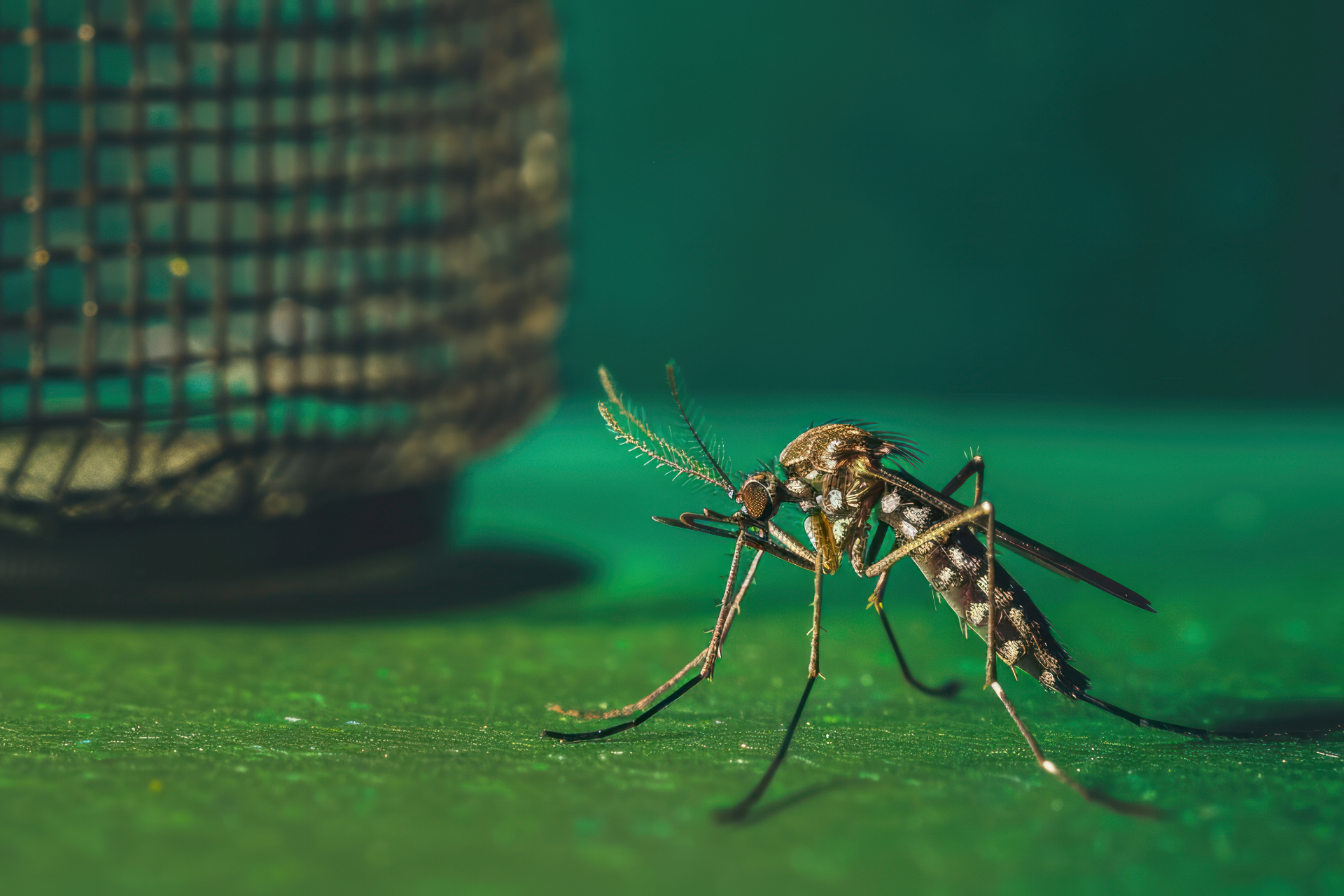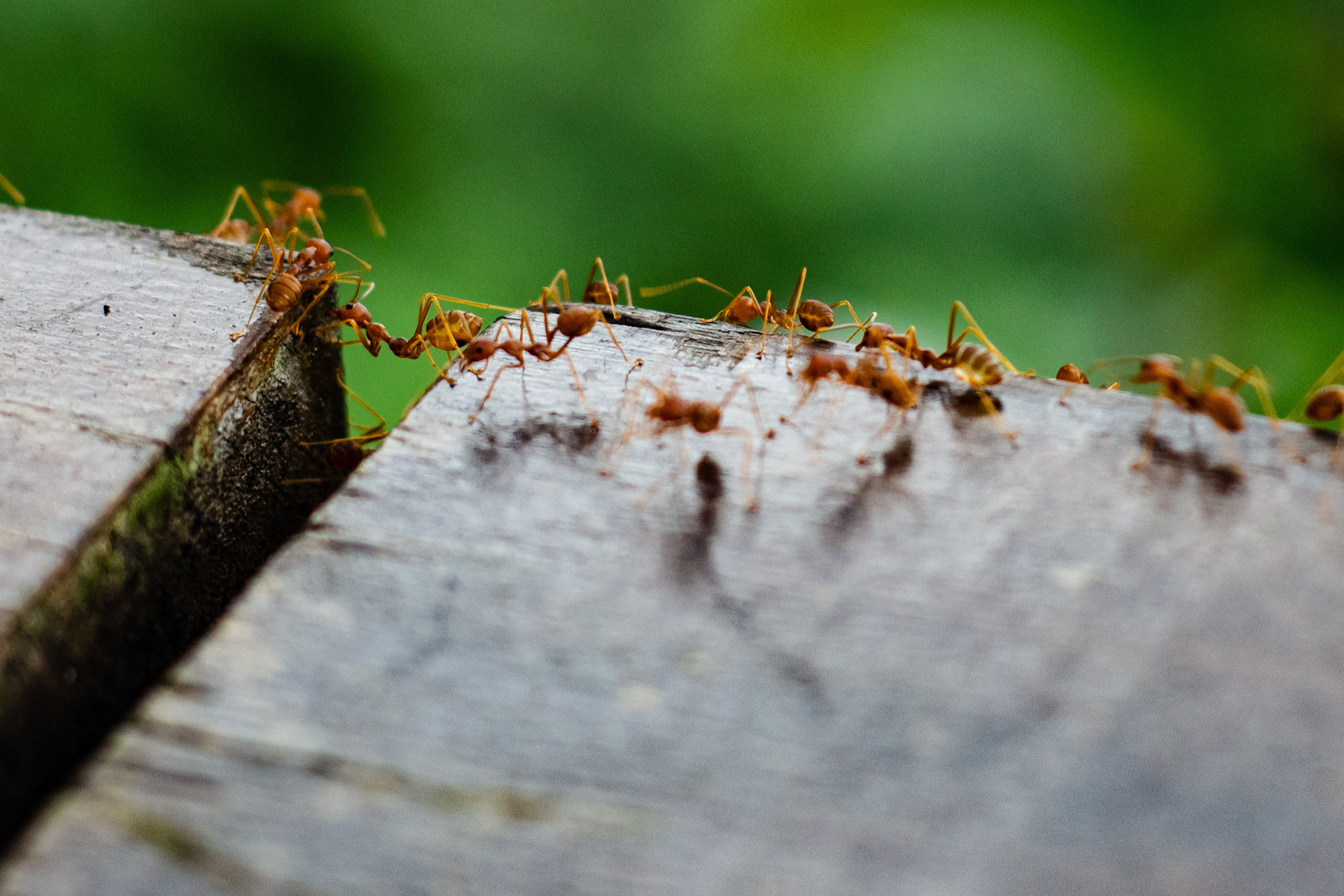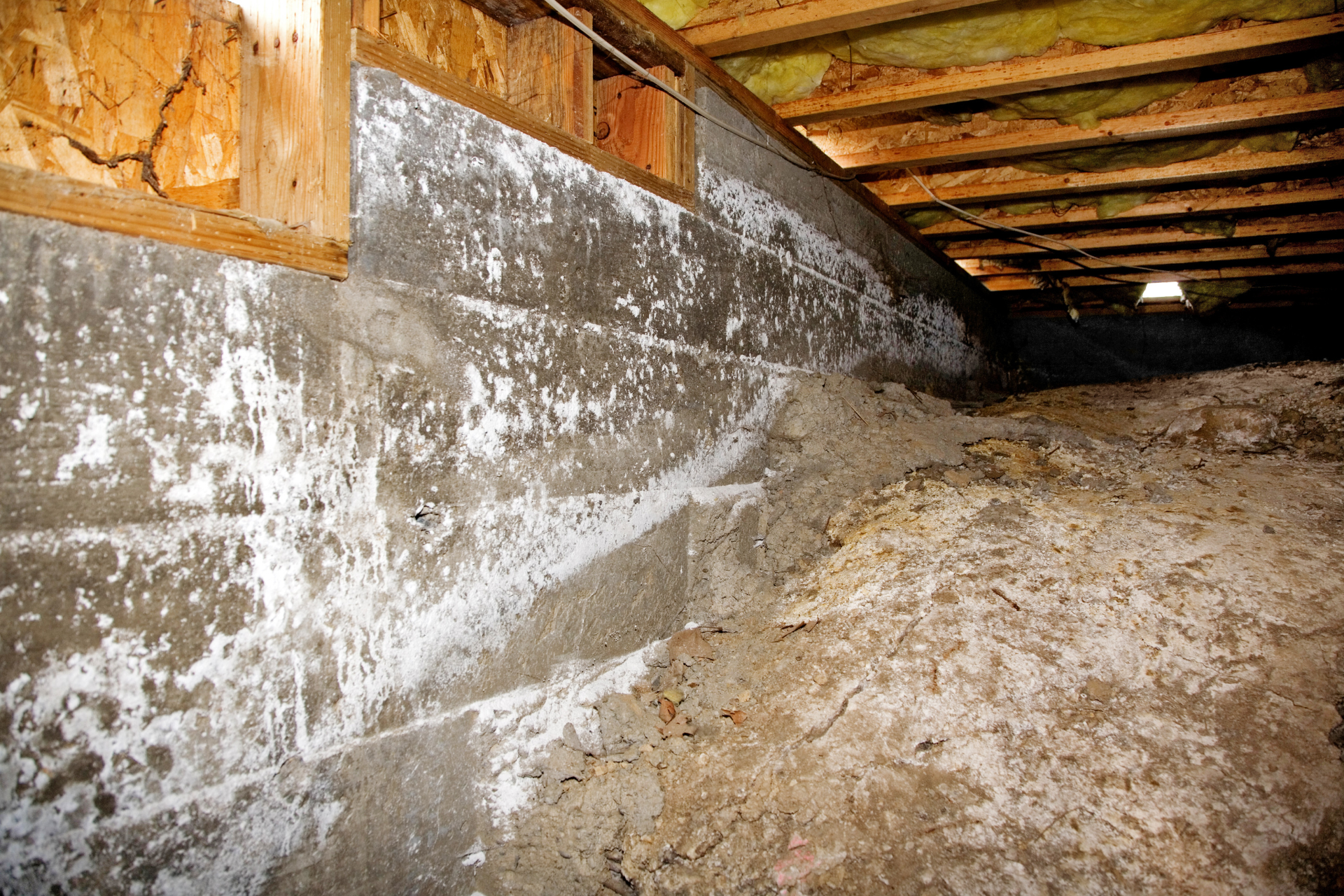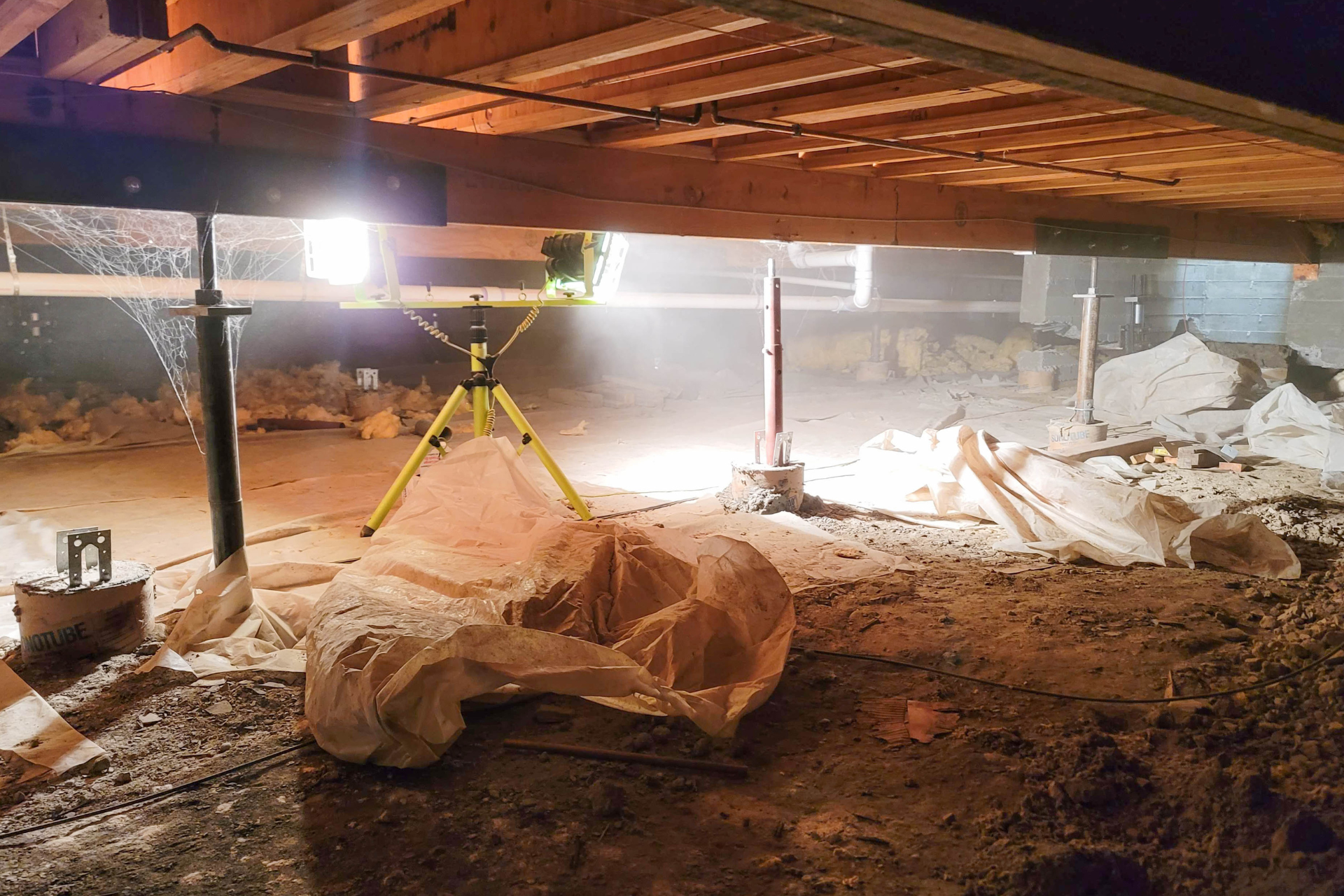Seasonal Pest Control
Seasonal changes significantly influence pest behavior, impacting their survival strategies and interaction with human environments. As temperatures fluctuate, pests adapt in various ways. This behavior affects residential and agricultural sectors, necessitating different pest control measures throughout the year. Understanding these seasonal patterns is crucial for effective management and prevention.
Spring: Into Action
As the cold, harsh winter gives way to a warmer spring, various pests begin to emerge from their dormant states, presenting a significant challenge for homeowners. During this period, there's a notable increase in populations of ants, termites, and mosquitoes due to the rising temperatures and humidity, conditions that are ideal for their reproduction and activity.
Ants, in their quest for sustenance, can infiltrate homes in large numbers, often targeting kitchens and areas where food is prevalent. Carpenter ants, in particular, pose a structural threat as they burrow into wood to create their nests, potentially compromising the integrity of your home.
Termites, drawn by the warmth and available moisture, begin their swarm season, seeking new locations to establish colonies. These silent destroyers can cause extensive damage to wooden structures, often unnoticed until it's too late, making early detection and prevention crucial.
Mosquitoes, thriving in the increased moisture, rapidly multiply in stagnant water sources, such as ponds, puddles, and even discarded containers in yards. Besides being a nuisance, they are vectors for various diseases, posing a health risk to families and pets.
To combat these springtime invaders, homeowners should undertake several preventative measures. Sealing cracks and crevices in the foundation, walls, and around windows and doors can significantly reduce entry points for ants and termites. Ensuring that window screens are intact and fit tightly can prevent mosquitoes and other flying insects from entering the home.
Eliminating sources of standing water is critical in reducing mosquito breeding sites. Homeowners should regularly inspect their property for water accumulation in flowerpots, gutters, bird baths, and other receptacles and take steps to drain or cover these areas.
Additionally, maintaining a clean and clutter-free environment can discourage pests from settling. Storing food in airtight containers, disposing of garbage regularly, and keeping the yard tidy by removing debris and trimming overgrown vegetation can significantly lower the chances of pest infestations.
Summer: The Peak of Activity
Summer in North Carolina brings not only enjoyable sunny days and outdoor activities but also marks the peak season for various pests. This time of year requires increased vigilance from homeowners as the rising temperatures and high humidity levels create perfect conditions for cockroaches, fleas, and ticks to thrive.
Cockroaches, in particular, are attracted to warm, moist environments and can often be found in kitchens, bathrooms, and other areas where food and water are accessible. These pests are not only unsightly but can also carry and spread various pathogens, leading to health concerns.
Fleas and ticks, on the other hand, are more commonly found in outdoor areas but can easily latch onto pets and clothing, making their way into homes. Once inside, they can infest living spaces, posing risks to both human and animal health. Fleas can cause intense itching and allergic reactions, while ticks are notorious carriers of Lyme disease and other serious infections.
To mitigate these risks, homeowners should adopt a multifaceted approach to pest control during the summer months. Maintaining cleanliness is crucial; regular vacuuming, decluttering, and disposing of garbage promptly can help minimize attractions. Using trash cans with secure lids will prevent them from accessing food scraps, a major draw for cockroaches and other insects.
In addition, keeping outdoor areas well-maintained is essential. Overgrown grass, piles of leaves, and other debris can provide hiding spots and breeding grounds for fleas and ticks. By keeping lawns trimmed and yards clear of unnecessary clutter, homeowners can significantly reduce the likelihood of these pests making their homes near or within their property.
Ensuring that pets are treated with flea and tick preventatives can drastically decrease the chances of these pests entering the home. Regular checks and grooming of pets after they've been outside can help catch and remove any pests before they have a chance to settle in.
Fall: A Time for Rodent Vigilance
As autumn arrives, bringing cooler temperatures and changing leaves, homes become attractive refuges for rodents seeking warmth and shelter. Mice and rats, in particular, are known to infiltrate residential areas during this season, leading to various issues that can affect both the comfort and safety of homeowners.
These rodents are not only a nuisance but also pose significant health and property risks. Mice and rats are notorious for their ability to chew through almost anything, including electrical wires, which can create fire hazards within the home. They can also gnaw on wooden structures and insulation, leading to costly repairs. Beyond physical damage, these pests are carriers of diseases and can contaminate food sources and preparation areas, leading to serious health concerns.
Preventative measures during the fall are essential to avoid infestations. Homeowners should meticulously inspect their homes for any small openings or gaps that could serve as entry points for rodents. Common areas to check include where pipes or cables enter buildings, cracks in the foundation, and spaces around doors and windows. Sealing these gaps with appropriate materials, such as steel wool or caulk, can effectively keep rodents out.
Additionally, maintaining proper sanitation can significantly reduce the likelihood of a rodent infestation. Storing food in sealed containers and disposing of garbage regularly removes potential food sources that attract them. Clutter-free and clean environments, especially in attics, basements, and garages, minimize hiding and nesting spots for mice and rats.
Winter: The Cold Brings New Challenges
While it's a common belief that winter provides a break from activity, the season often drives them indoors as they search for warmth and sustenance, contradicting the assumption of a pest-free cold season. In North Carolina, homeowners might find themselves facing invasions from spiders, silverfish, and bed bugs during these colder months.
Spiders often enter homes to escape the cold and hunt for food, hiding in less disturbed areas like attics, basements, and corners of rooms. Silverfish seek out damp, warm environments, making households particularly attractive when outdoor conditions become harsh. They can often be found in bathrooms, kitchens, and laundry rooms, thriving in the humidity these areas often present. Bed bugs, on the other hand, can hitch a ride on luggage, clothing, and furniture, finding their way into your home regardless of the season, but they become more noticeable as we spend more time indoors during the winter.
To prevent these pests from becoming unwelcome guests, homeowners should take several proactive steps. Reducing indoor humidity is important; using dehumidifiers in damp areas and repairing leaky pipes and fixtures can help make your home less inviting to bugs like silverfish. Regular inspections and cleaning are also key; vacuuming regularly, particularly in corners and under furniture, can help remove food particles, webs, and eggs, deterring spiders and others from settling.
Additionally, sealing cracks and openings around windows, doors, and the home's foundation can prevent them from entering. Proper storage of food in airtight containers and regular disposal of trash can further reduce the likelihood of infestations.
By taking these measures, homeowners can create a less hospitable environment, keeping their homes more comfortable and pest-free during the winter months.
At Ease Pest Solutions is more than just a service; we're your partners in maintaining a comfortable, and pest-free home. We know the challenges homeowners face with each changing season and are here to provide the expertise and support you need. Our approach is tailored to your specific needs, ensuring that you receive the most effective treatment while keeping your family and pets safe. If pests are causing you concern, don't wait for the problem to worsen. Protecting your home is our top priority, and we're here to help at every step. Contact us to request an estimate.
Troutman Branch
694 South Main Street
Troutman, NC 28166
704.761.9697



